Robert Redford's Directorial Masterpieces: All Films Ranked
Robert Redford's career behind the camera produced nine distinctive films that reflect his values: thoughtful storytelling, celebration of nature, and examination of American identity. Discover how his directorial work ranks from his Academy Award-winning debut to his final efforts.

Robert Redford's career behind the camera has been just as impactful as his iconic on-screen performances. From his Oscar-winning debut to his final directorial efforts, Redford brought the same thoughtful approach to directing that characterised his acting.
I've always admired how Redford's films as director reflect his values: storytelling that examines American identity, celebrates nature, and questions power structures—all with an understated elegance that never draws attention to itself.
Here's my ranking of all nine films directed by Robert Redford, based on critical consensus, audience reception, and lasting cultural impact.
1. Ordinary People (1980)
The masterpiece that announced Redford as a major directorial talent.
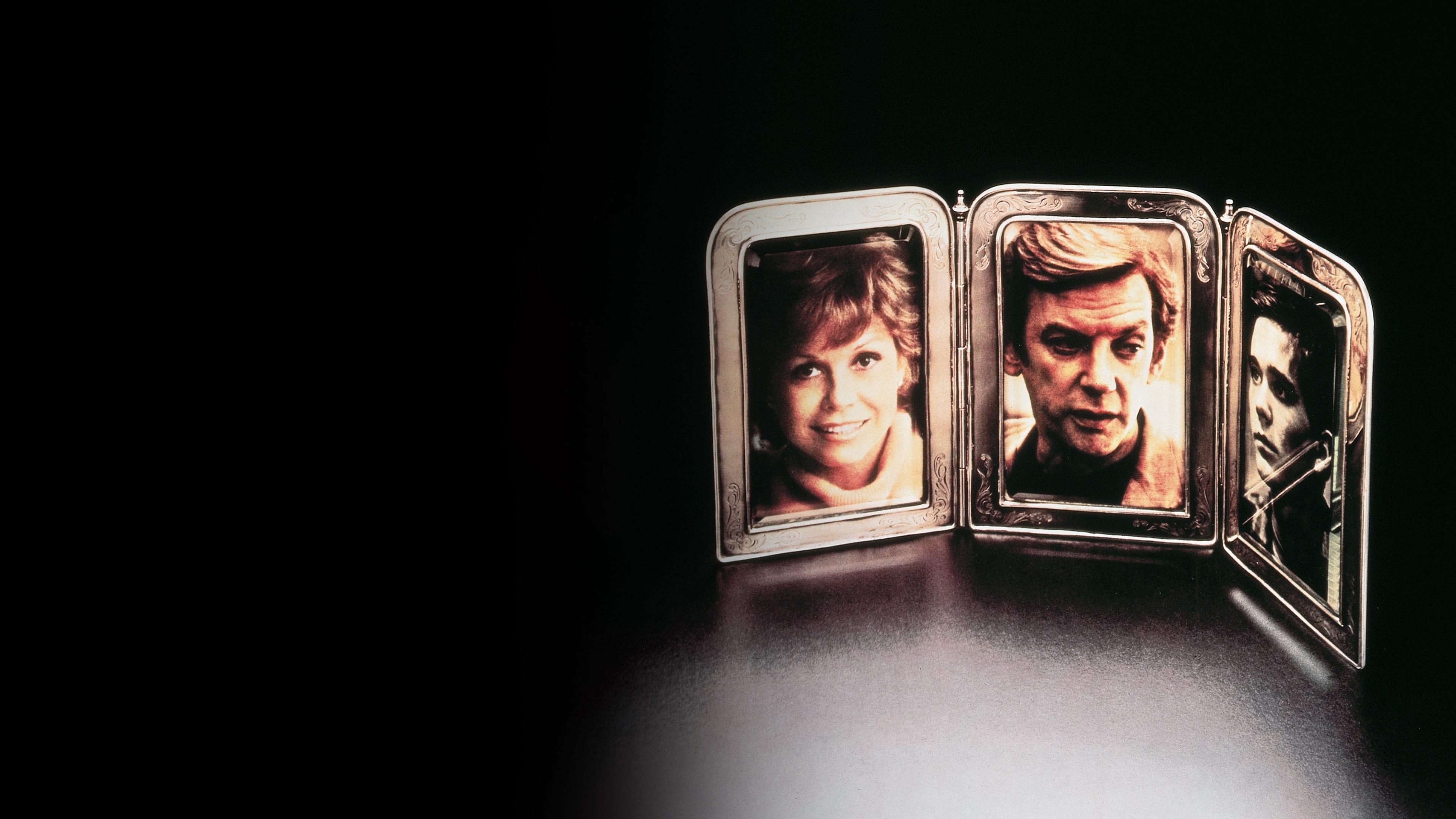
This devastating family drama about grief, guilt, and emotional repression won Redford the Academy Award for Best Director with his very first attempt behind the camera.
What makes it special:
- Mary Tyler Moore's career-redefining performance against type as the cold, emotionally distant mother
- Donald Sutherland's heartbreaking portrayal of a father trying to hold his family together
- Timothy Hutton's Oscar-winning turn as the traumatized teenage son
- The courageous exploration of mental health and therapy (rare for 1980)
- The unflinching look at how tragedy exposes the cracks in seemingly perfect families
Redford's restrained direction lets the powerful performances breathe while capturing the suffocating perfection of upper-middle-class suburban life. Four decades later, it remains a masterclass in family drama.
"A film so powerful, so devastating, and yet so believable that you can never again listen with complacency when someone speaks of 'the happy American family.'" — Roger Ebert
2. Quiz Show (1994)
A meticulously crafted examination of ethics, class, and the birth of television culture.
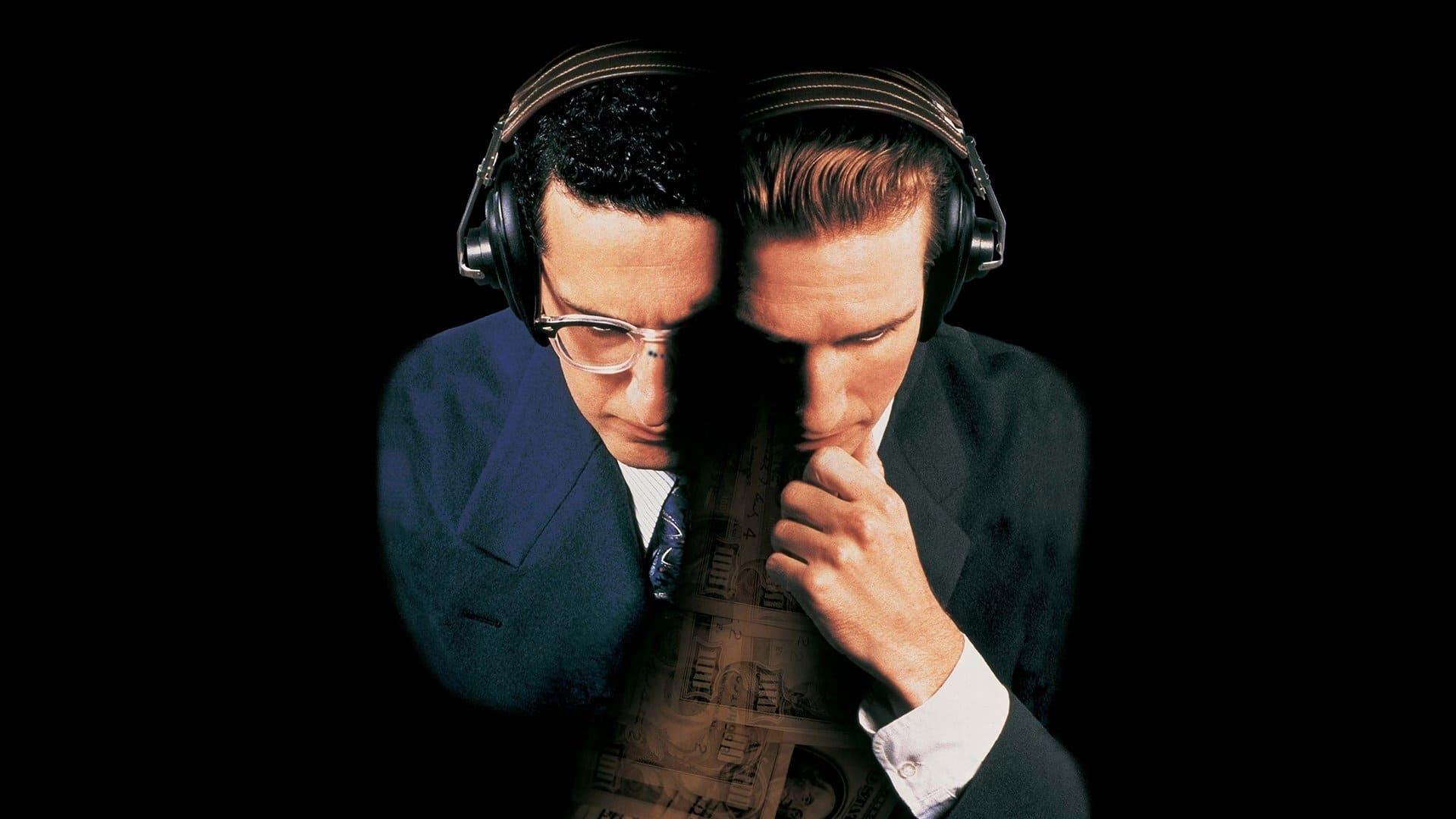
This gripping dramatisation of the 1950s quiz show scandals earned four Oscar nominations, including Best Picture and Best Director.
Why it ranks so high:
- Ralph Fiennes' nuanced performance as conflicted contestant Charles Van Doren
- John Turturro's heartbreaking portrayal of Herbert Stempel
- The pitch-perfect recreation of 1950s America
- The sophisticated exploration of media manipulation and early television
- The subtle examination of antisemitism and class privilege in American society
Redford's direction captures both the glitzy allure of early television and the moral rot beneath its surface. The film's themes about truth, entertainment, and corruption in media have only grown more relevant.

3. A River Runs Through It (1992)
Redford's most visually stunning film and a love letter to the American West.
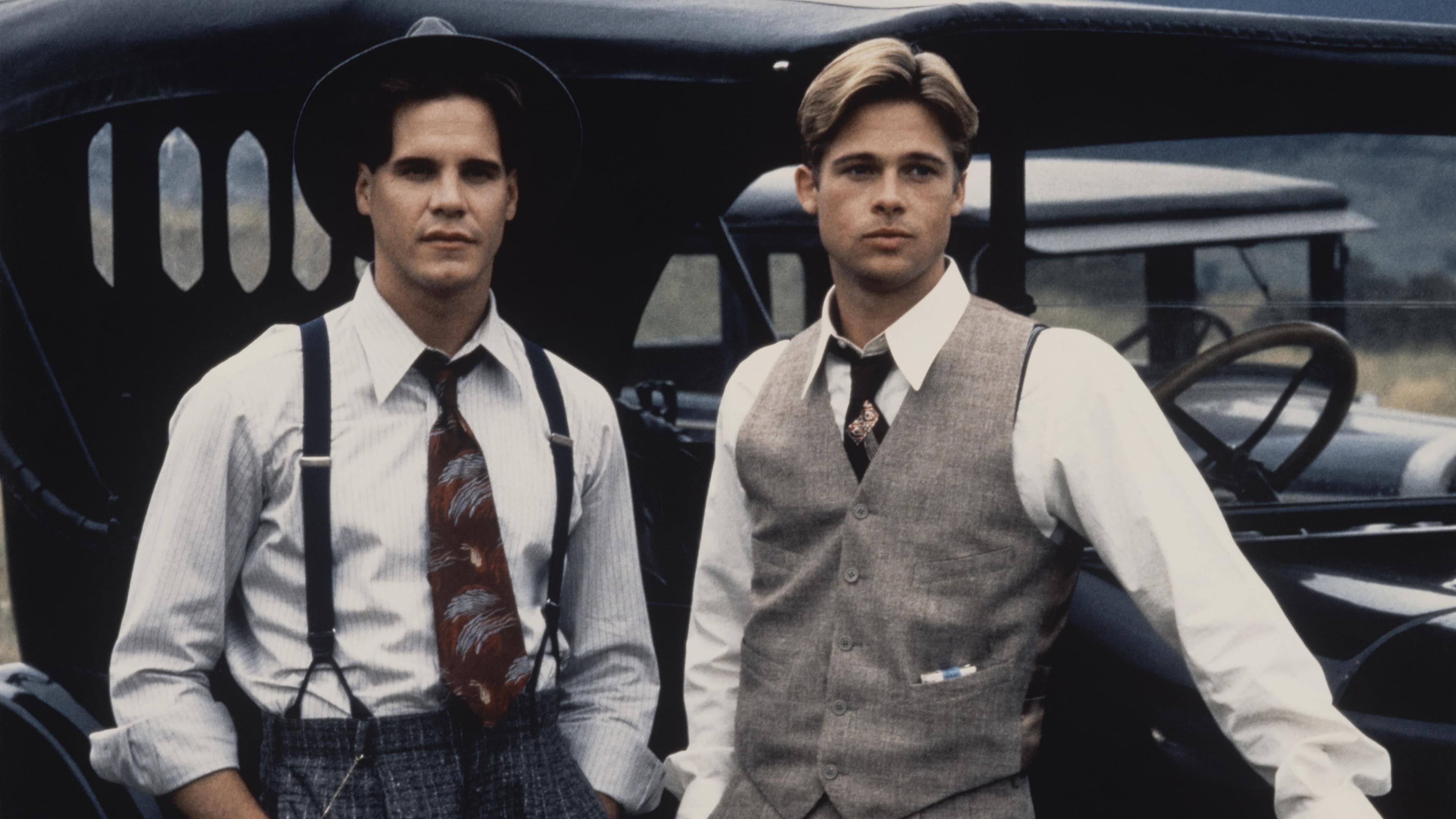
Based on Norman Maclean's semi-autobiographical novella, this elegiac story about fly fishing, family, and the Montana landscape showcases Redford's deep connection to nature.
What stands out:
- Philippe Rousselot's Oscar-winning cinematography capturing Montana's breathtaking landscapes
- The complex relationship between the two brothers (Brad Pitt and Craig Sheffer)
- Redford's own narration, which brings warmth and wisdom to Maclean's prose
- The reverent portrayal of fly fishing as both art form and spiritual practice
- The subtle examination of masculine emotion and communication
The film launched Brad Pitt to superstardom but never lets his charisma overshadow the story's deeper themes about family bonds, different paths in life, and man's connection to nature.
4. The Milagro Beanfield War (1988)
A charming blend of magical realism and social commentary.
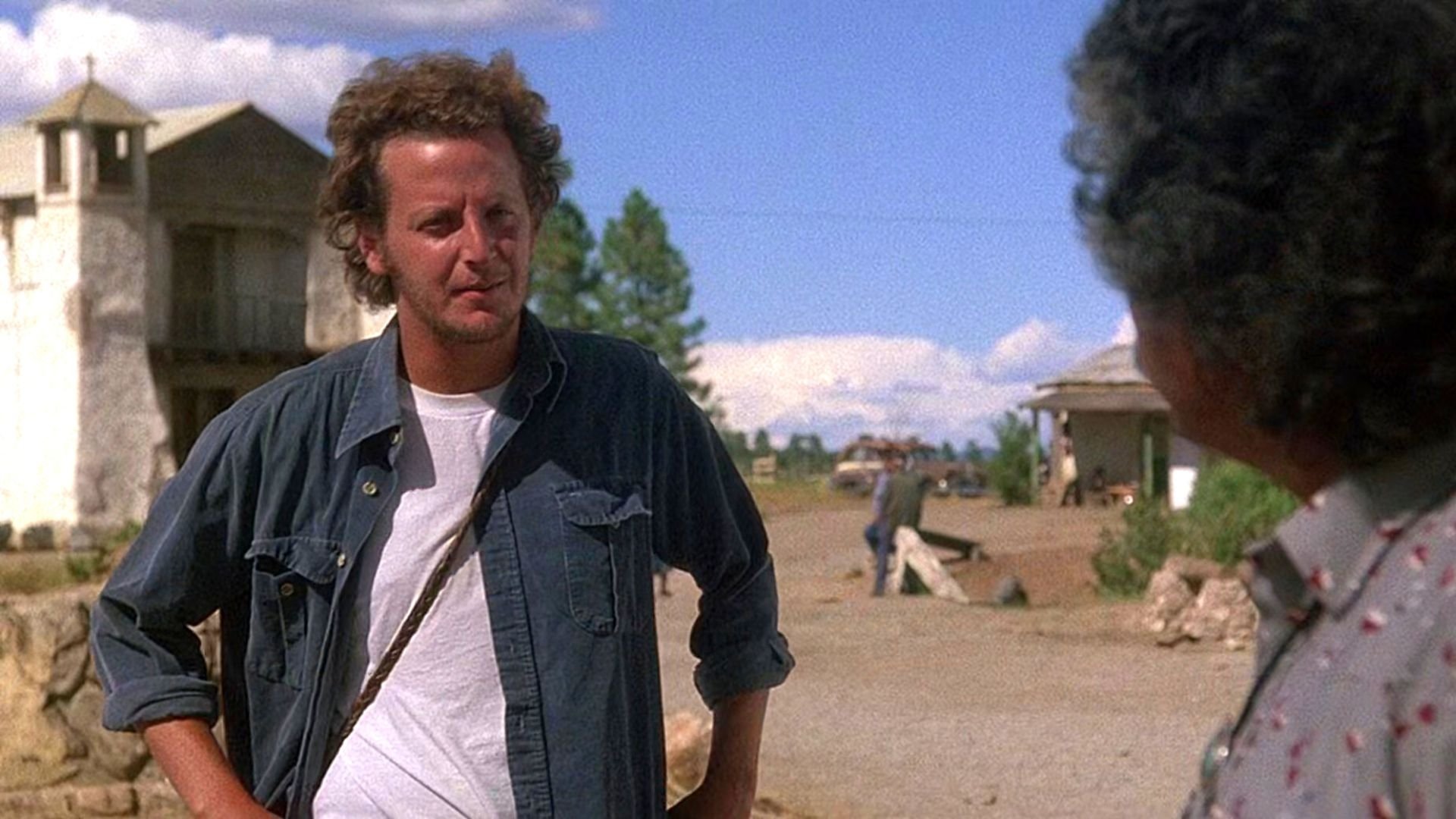
This adaptation of John Nichols' novel about a small-town water rights dispute in New Mexico showcases Redford's interest in environmental justice and community resistance. Read more in our deep dive of this highly relevant underrated gem!
Why it succeeds:
- The vibrant portrayal of a Hispanic community rarely seen in mainstream American cinema
- The blend of magical realism with political themes
- Strong performances from Sonia Braga, Chick Vennera, and Rubén Blades
- Dave Grusin's Oscar-winning musical score
- The David vs. Goliath story of community resistance to corporate development
Though sometimes overlooked in Redford's directorial canon, this film's themes about water rights, cultural preservation, and community organising have only grown more relevant with time.

5. The Horse Whisperer (1998)
A thoughtful drama about healing and connection to nature.
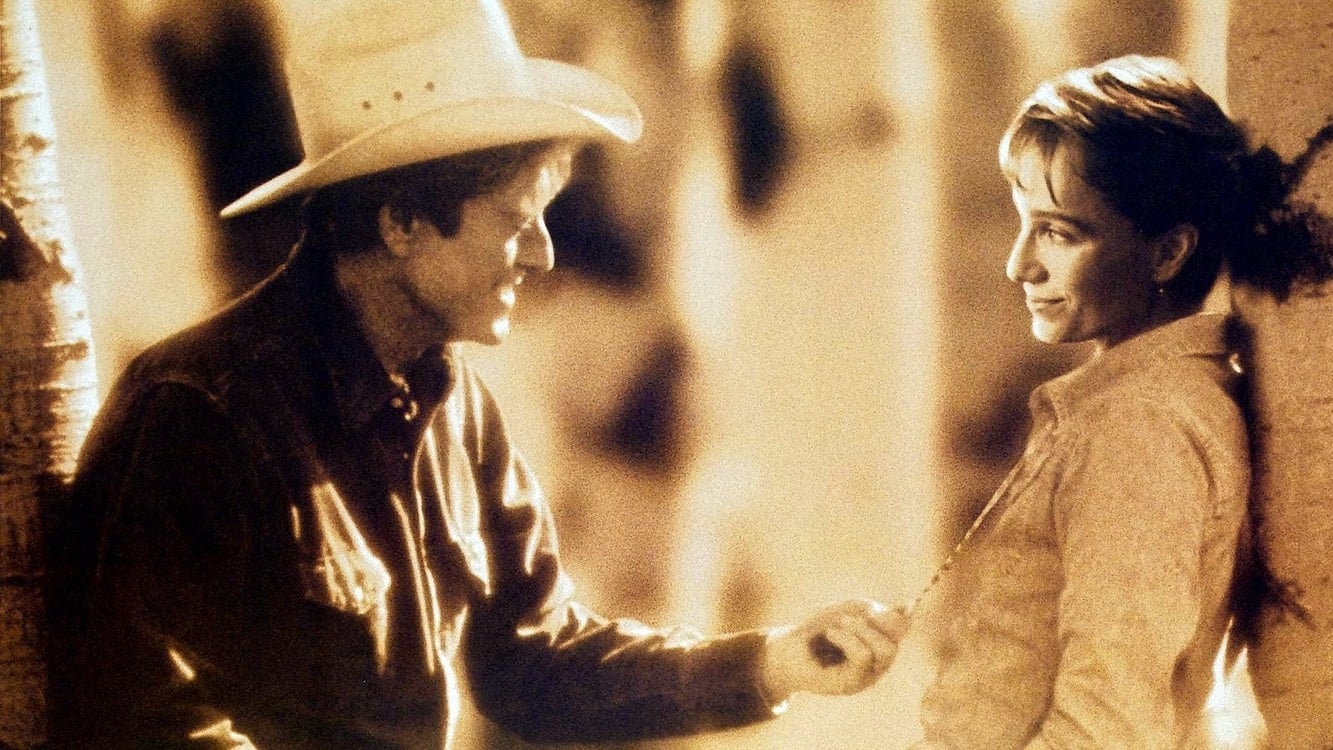
Redford both directed and starred in this adaptation of Nicholas Evans' bestseller about a Montana horse trainer who helps a traumatised girl and her horse recover from a devastating accident.
What makes it memorable:
- The stunning Big Sky country cinematography
- Young Scarlett Johansson's breakout performance
- The patient, unhurried storytelling reflecting the film's themes
- The complex adult romance between Redford and Kristin Scott Thomas
- The authentic portrayal of ranch life and horse training
While some critics found it overly sentimental, the film's emotional sincerity and respect for its rural setting make it a standout in Redford's directorial work.
6. The Conspirator (2010)
A thoughtful historical drama examining civil liberties in times of national crisis.
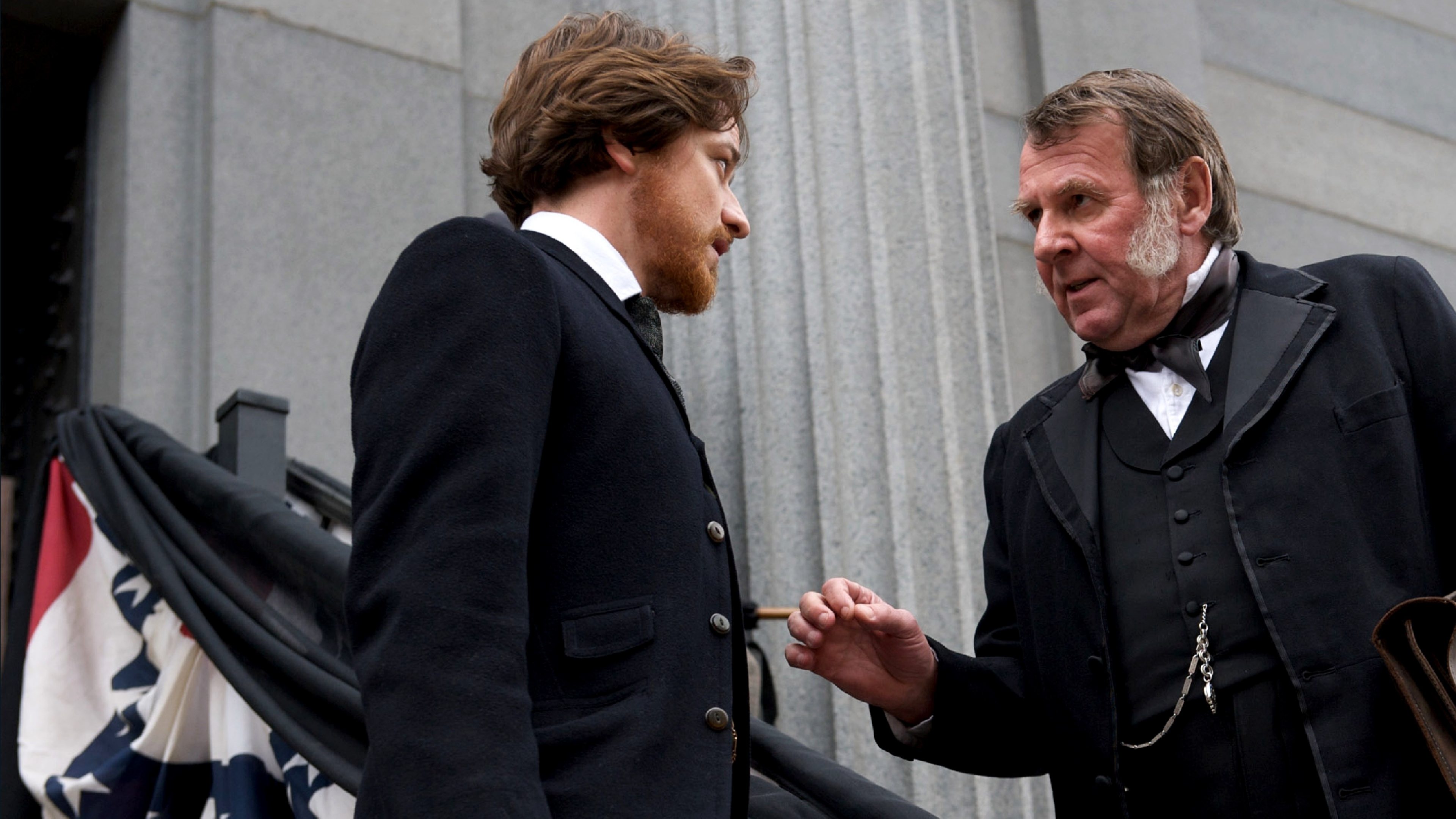
This period piece about the trial of Mary Surratt, the only woman charged in the Abraham Lincoln assassination conspiracy, demonstrates Redford's interest in American history and justice.
Strengths:
- Robin Wright's powerful, restrained performance as Mary Surratt
- James McAvoy's compelling portrayal of her reluctant defense attorney
- The meticulous historical detail and production design
- The clear parallels to post-9/11 debates about military tribunals and civil liberties
- The nuanced exploration of revenge vs. justice
While sometimes didactic, the film showcases Redford's ability to find contemporary relevance in historical events.
7. The Company You Keep (2012)
A thoughtful thriller about 1960s activism and its long-term consequences.
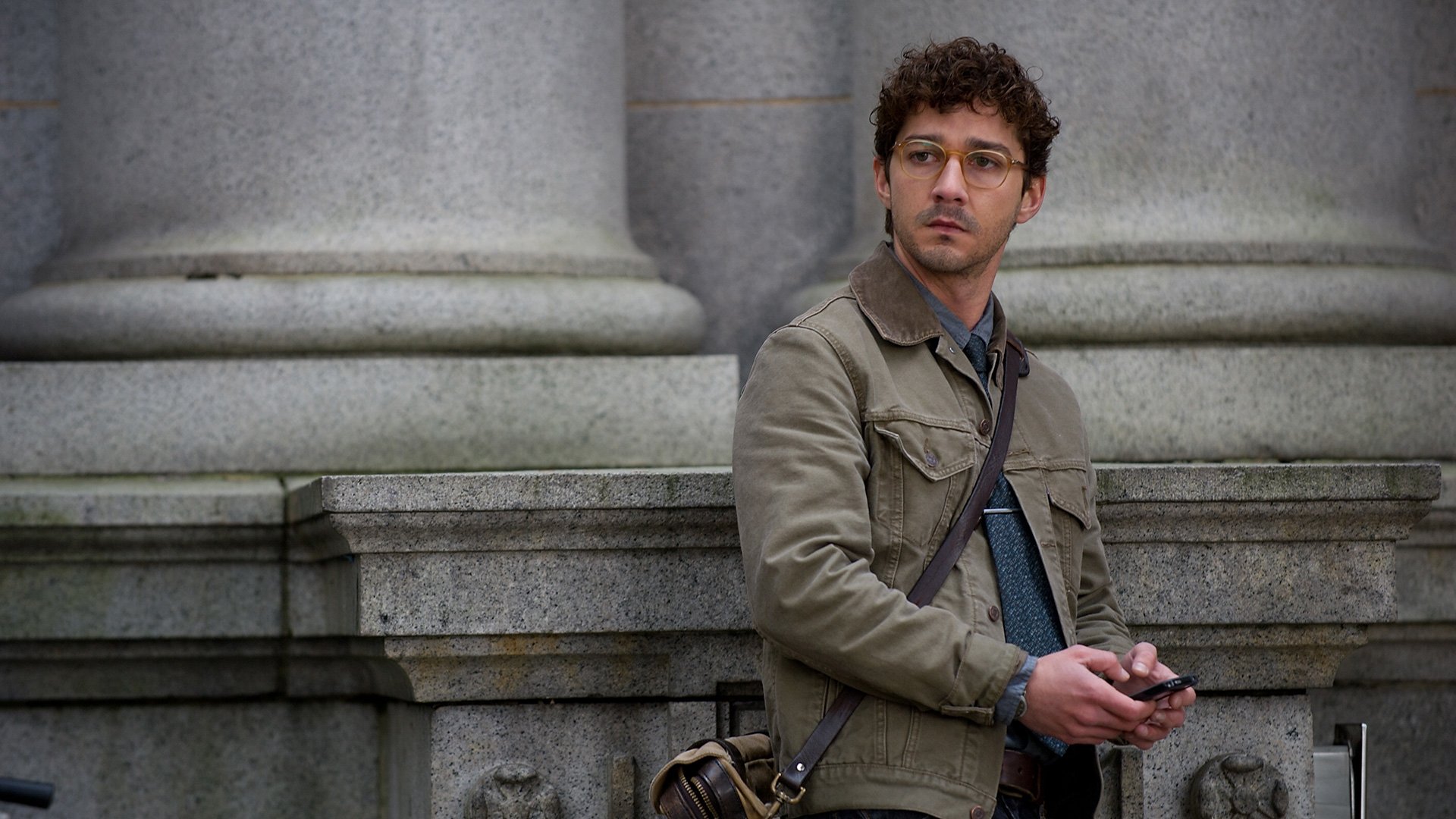
Redford directed and starred in this story about former Weather Underground activists facing the consequences of their radical past decades later.
Notable elements:
- The impressive ensemble cast including Julie Christie, Susan Sarandon, and Shia LaBeouf
- The nuanced examination of 1960s radicalism from the perspective of age
- The cat-and-mouse structure that drives the narrative
- The questions raised about idealism, compromise, and the price of activism
- The exploration of journalistic ethics
While not as tightly constructed as his best work, the film demonstrates Redford's continued interest in American political history and moral complexity.
8. Lions for Lambs (2007)
An ambitious but flawed examination of post-9/11 American foreign policy and media.
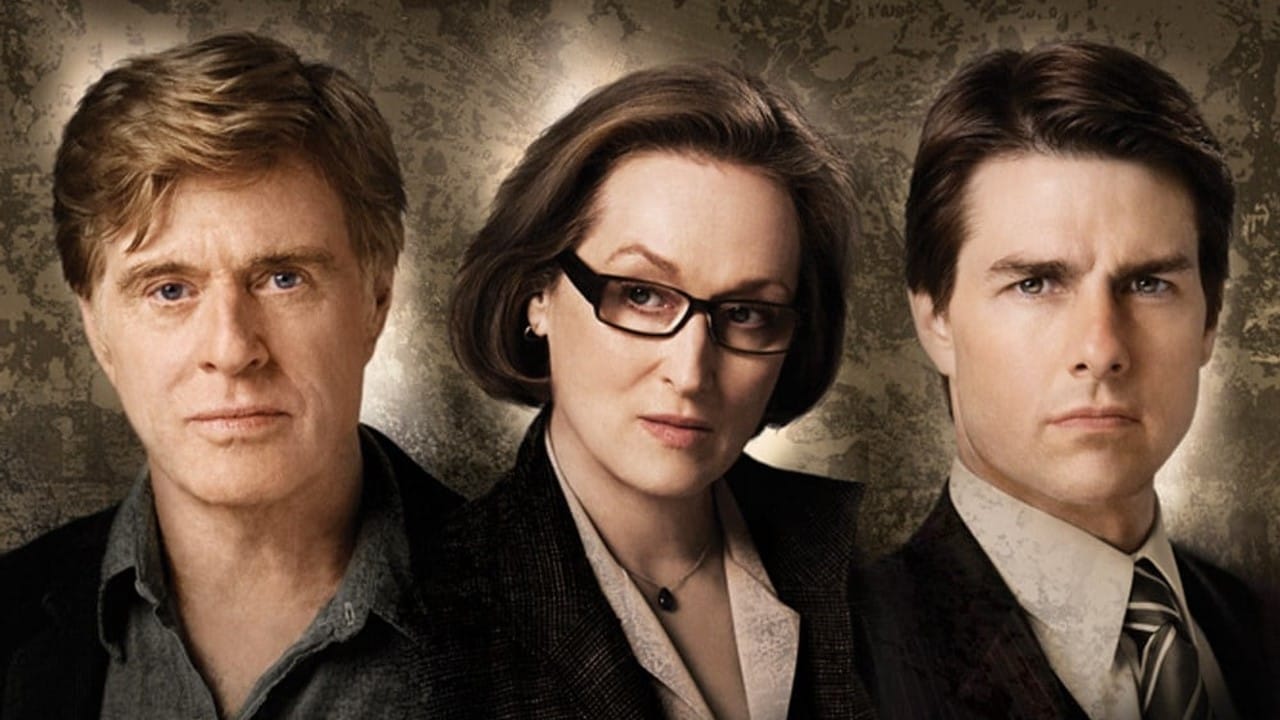
This multi-strand narrative connecting politicians, journalists, students, and soldiers attempted to tackle the complexities of the War on Terror.
Interesting aspects:
- The star-studded cast including Meryl Streep and Tom Cruise
- The ambitious structure connecting three separate but thematically linked stories
- The earnest attempt to engage with serious political questions
- The critique of media complicity in selling war
- The classroom debates about civic engagement and responsibility
While critics found it overly talky and didactic, the film reflects Redford's willingness to engage directly with contemporary political issues.
9. The Legend of Bagger Vance (2000)
A visually beautiful but problematic sports fable.
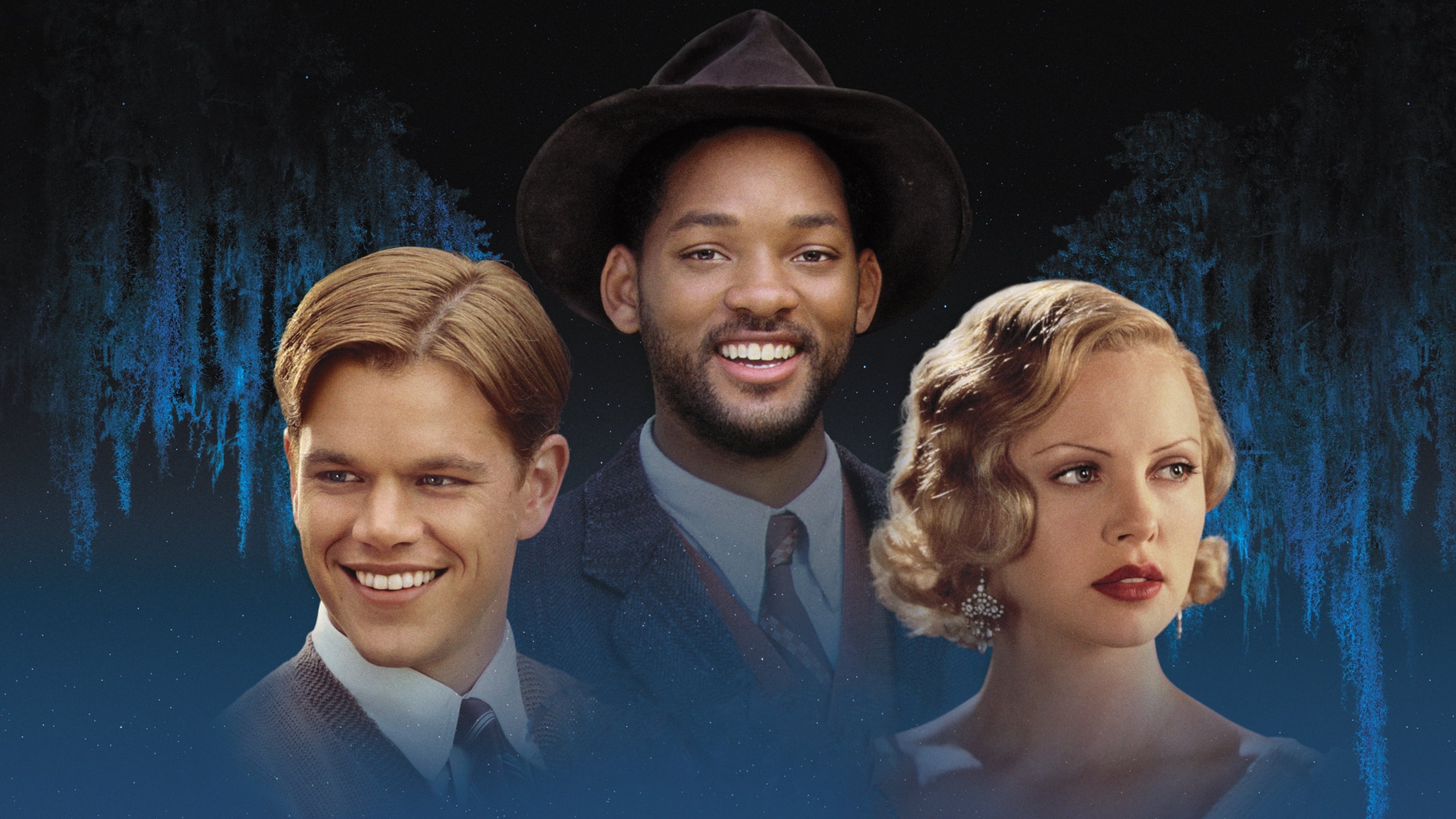
Set in Depression-era Georgia, this golf drama starring Will Smith, Matt Damon, and Charlize Theron has gorgeous visuals but suffers from storytelling issues and troubling racial dynamics.
Mixed elements:
- The stunning cinematography and period detail
- Will Smith's charismatic performance despite the problematic "magical Negro" trope
- The meditation on finding one's authentic swing as metaphor for life
- The beautiful recreation of 1930s golf
- The spiritual themes about finding inner peace
Critics rightly pointed out the film's problematic handling of race, placing it at the bottom of Redford's directorial achievements despite its visual beauty.
Redford's Directorial Legacy
Looking at Redford's body of work as director reveals consistent themes:
- An abiding interest in American identity and history
- A celebration of nature and its healing power
- A concern with ethics and moral choices
- A preference for character-driven storytelling
- A visual style that is elegant without being flashy
While not every film succeeded equally, Redford's directorial career shows a filmmaker consistently engaged with important questions about American society, presented with integrity and craftsmanship.
His best work behind the camera will endure alongside his iconic performances in front of it, cementing his legacy as one of America's most thoughtful filmmakers.
◊◊◊
What's your favourite film directed by Robert Redford? Does our ranking match yours? Share your thoughts in the comments!




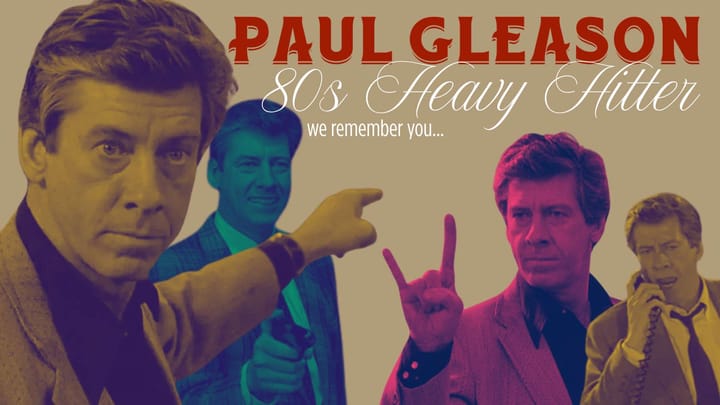

Comments ()